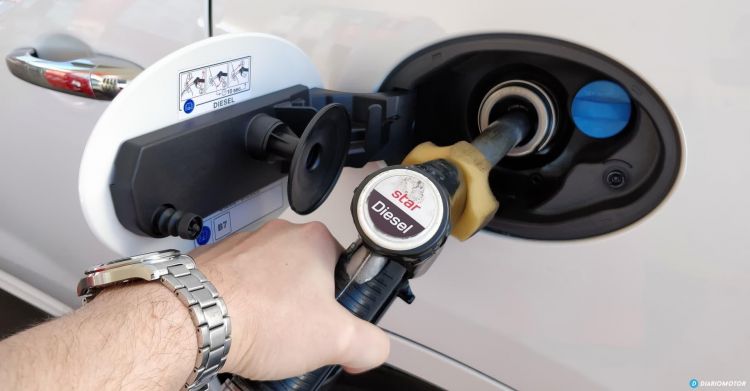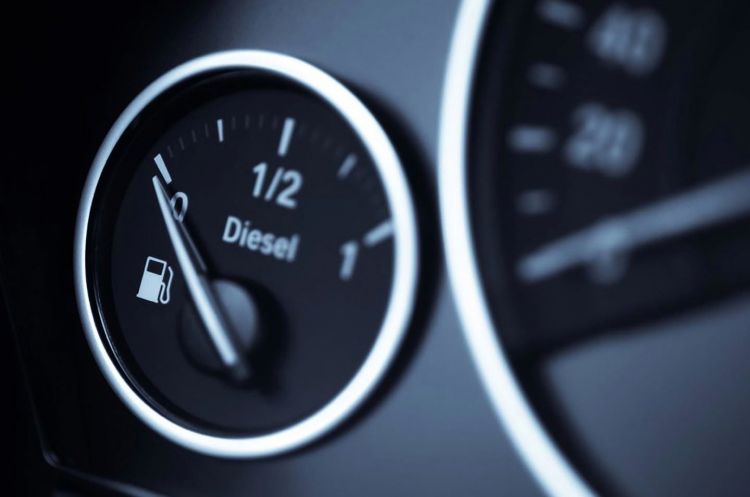In case there is a clueless driver in the room: on February 5, 2023, the European Union regulations that include sanctions against Russia for the invasion of Ukraine entered into force. Among them, the ban on importing diesel and oil derivatives from that country stands out. If we take into account that around 40% of EU imports came from there, the measure promises to have consequences: The price of diesel will rise, but in Spain it will not be so noticeable.
The increase in diesel prices will come, but not immediately. since they were announced sanctions on Russia Several months have passed before they have entered into force: time to collect reserves. The real reaction to this ban will come when this stock starts to run out and needs to be replenished. Luckily, Spain did its homework several years ago.
How much oil did Spain buy from Russia?
Drivers who own a diesel car do not have to fear shortages: the supply in Spain is assured and the sanctions against Russia, by themselves, should not pose any problem in this regard. The Spanish Association of Petroleum Product Operators (AOP) has recalled that Between 25 and 30 different types of diesel arrive in our country from between 20 and 22 different countries.
Data from the Corporation for Strategic Reserves of Petroleum Products (CORES) reveal that in 2022 (from January to November), Spain imported 5.56 million tons of diesel: 714,000 came from Russia, 12.83% of the total. In 2021, the last year with complete data, our country bought 8.44 million tons and 771,000 (9.1%) originated in that country.
Spain will not be affected so much…
Despite the prediction of the industry, there is good news for Spain: the rise in the price of diesel will not be as noticeable as in other countries of the European Union because we are less dependent on Russian diesel.
Between 2008 and 2012, about 7,000 million euros were invested in Spanish refineries to make them more flexible and competitive, that is, to be able to process different types of crude oil from different origins apart from Russia. This movement was not replicated in the rest of Europe, where the refineries in charge of diesel began to close because working with said fuel was no longer so profitable.
The Ministry for the Ecological Transition and the Demographic Challenge, as stated Europe Press, assures that in Spain there is “a good diversification of imported crude oil”. To this must be added an extensive network of oil pipelines that facilitates the complete distribution of petroleum products, 42 days of strategic reserves of CORES, controlled by the Administration, and other security reserves of the industry.
… but it will affect you: how?
The absence in the Russian diesel market will result in an increase in its international price: It should not be forgotten that Russia is one of the main exporters of crude oil and refined diesel. It will be this factor that does have an impact on diesel prices in Spain and, although the effect will not be as acute as in other European countries, it will be noticeable.
Not in vain, since 2023 began, the increase in the average price of diesel has been 2.6% and, according to the latest EU Oil Bulletin, it is up 1% compared to the previous week: now, the liter costs 1.7 euros. If we make this comparison between 2023 and 2022, the difference is greater: 2.6%. Thus, filling a 50-liter tank costs fourteen euros more than a year ago.






